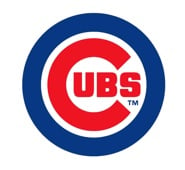 James at times narrows his focus on the teachers, the tongue of a teacher, and the need for teachers to be conscious and intentional about what the say and how they say it.
James at times narrows his focus on the teachers, the tongue of a teacher, and the need for teachers to be conscious and intentional about what the say and how they say it.
I believe James 3:1 all the way to 4:12 is focused on teachers. Yes, at times it is not as clear as others, but 4:11-12 brings us back to the concern James has with teachers. Here are the words:
Brothers, do
not slander one another. Anyone who speaks against his brother or
judges him speaks against the law and judges it. When you judge the
law, you are not keeping it, but sitting in judgment on it. There is only one Lawgiver and Judge, the one who is able to save and destroy. But you–who are you to judge your neighbor?
The Greek of this text has a double-triple:
Slander, slander, slander (katalaleo)
Judge, judge, judge (krites)
These two terms are intertwined here and the former defines the latter and the latter defines the former. Slandering by way of judging and judging by way of slandering another. These are the specific concerns James had with the teachers in 3:1-12: they were using their tongues to inflict judgment on other humans.
James’ first bit of advice or wisdom is this: “Don’t slander others.” James will give his reasons, and we’ll look at that tomorrow, but for now the point has to be made: slandering by way of judging and judging by way of slandering is wrong.

